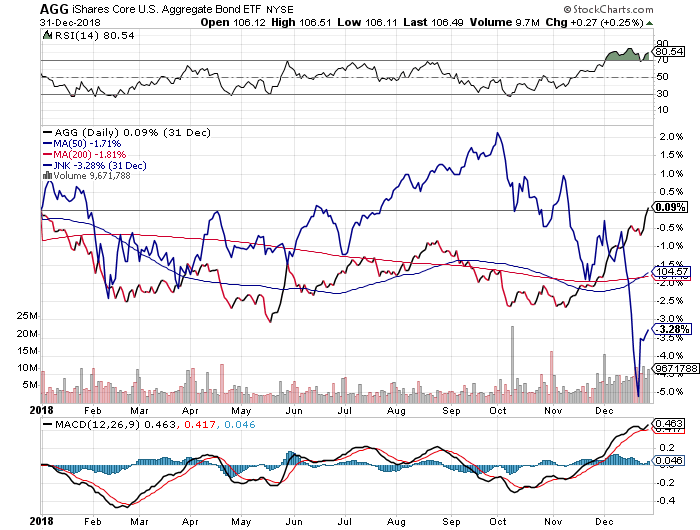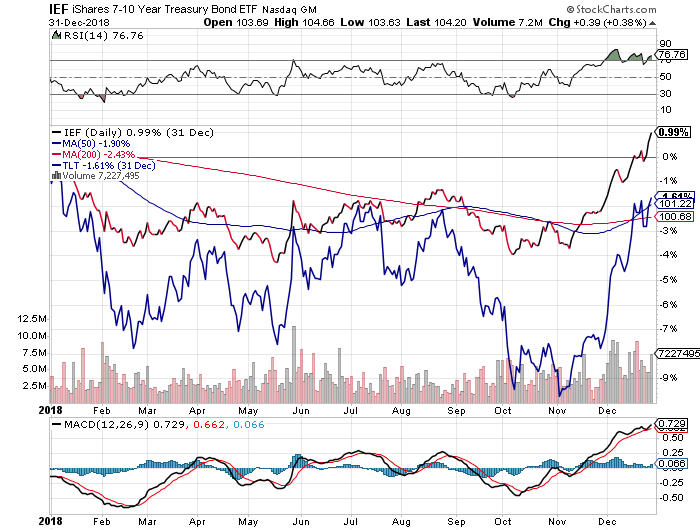
“Caveat emptor (/ˈɛmptɔːr/; from caveat, “may he beware”, a subjunctive form of cavēre, “to beware” + ēmptor, “buyer”) is Latin for “Let the buyer beware”. Generally, caveat emptor is the contract law principle that controls the sale of real property after the date of closing, but may also apply to sales of other goods. The phrase caveat emptor and its use as a disclaimer of warranties arise from the fact that buyers typically have less information about the good or service they are purchasing, while the seller has more information. The quality of this situation is known as ‘information asymmetry’. Defects in the good or service may be hidden from the buyer, and only known to the seller. A common way that information asymmetry between seller and buyer has been addressed is through a legally binding warranty, such as a guarantee of satisfaction. But without such a safeguard in place the ancient rule applies, and the buyer should beware.” ~ Wikipedia, “Caveat Emptor”
U.S. Dollar Index

Fixed Income
U.S. Bond Aggregate (AGG), High Yield Bond ETF (JNK)

5-7yr. Treasury ETF (IEF), 20 yr. + Treasury ETF (TLT)

